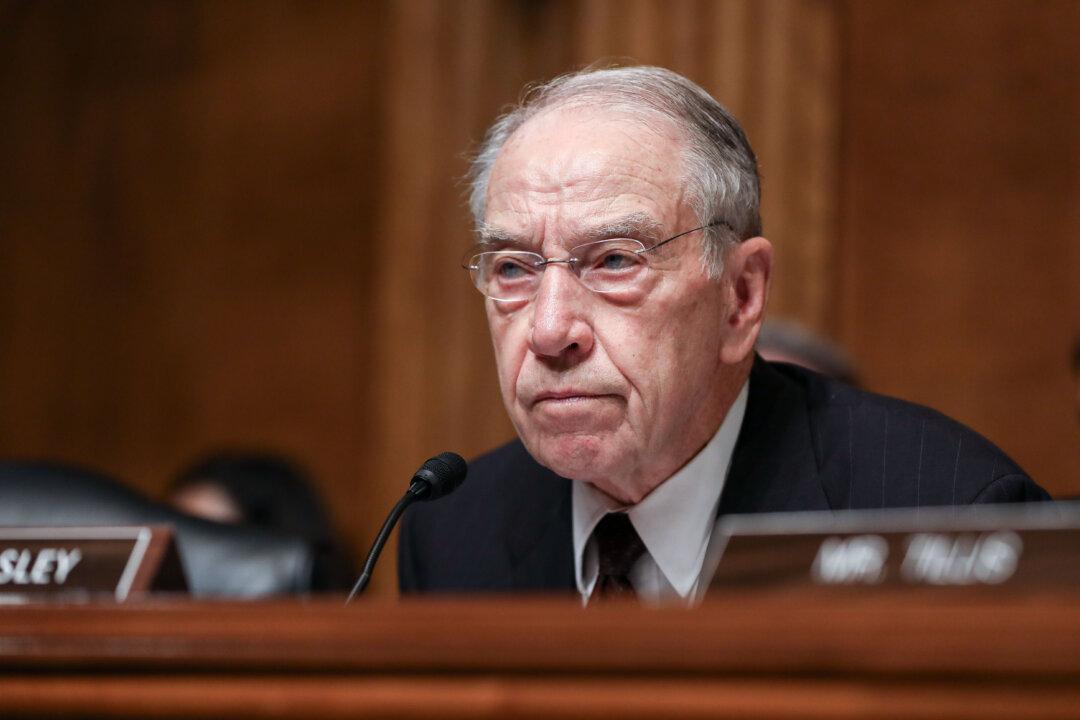Sen. Chuck Grassley (R-Iowa) has called on President Donald Trump to “at least” impose tougher sanctions on Moscow in response to what he said was a wave of weekend attacks against Ukrainian civilians by Russia, whose military targeted Ukrainian cities with a large drone and missile barrage, defying Trump’s repeated calls for a cease-fire.
“I’ve had enuf of Putin killing innocent ppl,” Grassley posted on May 26, referring to Russian President Vladimir Putin. “Pres Trump Take action AT LEAST SANCTIONS.”





